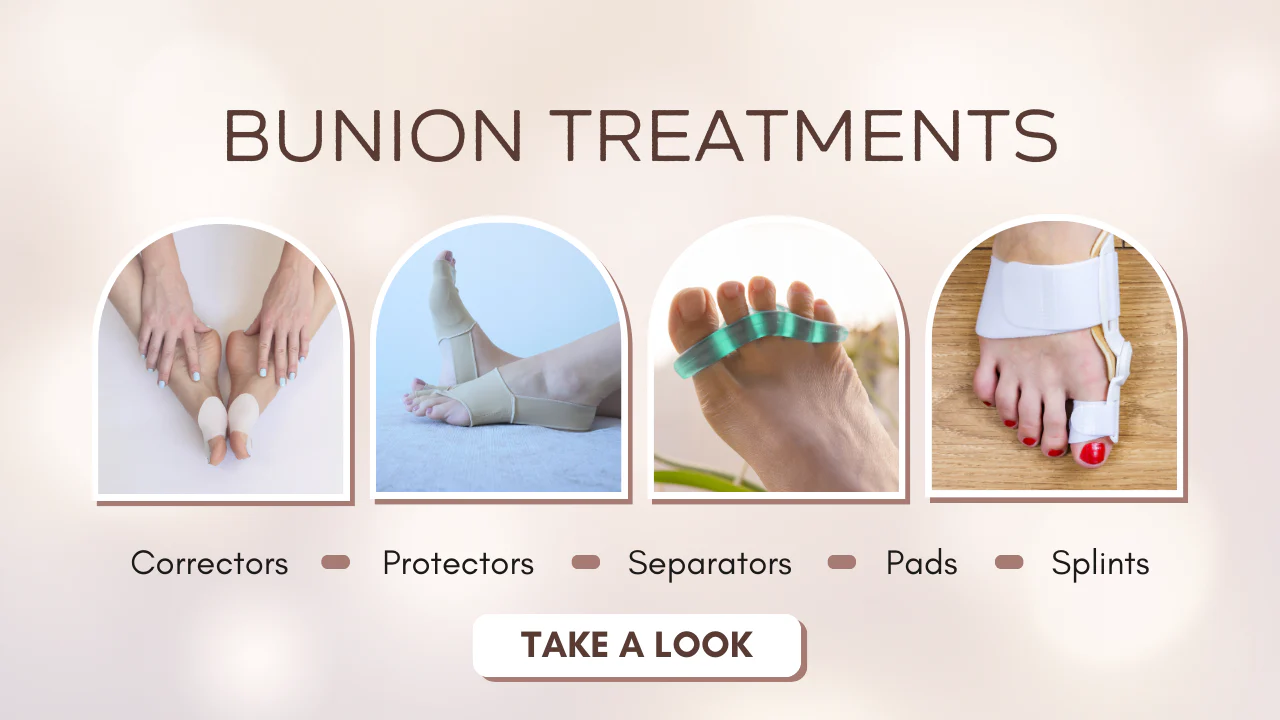Imagine you’re enjoying your favorite crunchy snack when suddenly, you feel it: a piece of your tooth has chipped off. Panic and worry might set in as you wonder about the impact on your smile and dental health.
But fear not! Dentistry has advanced remarkably, offering several effective treatments to restore your smile and confidence. Solutions are available, whether minor teeth chipping or a significant crack.
Keep reading to discover how you can turn a dental mishap into an opportunity for enhancement.
Table of Contents
Understanding Teeth Chipping
Teeth chipping is a common dental issue that can occur for various reasons, including biting down on hard foods, accidents, or even wear and tear over time. While it might seem minor, a chipped tooth can affect oral health. It can lead to discomfort, sharp edges irritating the mouth, and even more severe dental problems.
Recognizing the significance of dental health in our overall well-being is crucial. Our teeth play a vital role in aesthetics, nutrition, speech, and more. Thus, addressing chipped teeth is essential to maintaining good oral health and avoiding complications.
Options for Restoring Chipped Teeth
Several treatment methods are available, each suited to different severities of teeth chipping. Let’s explore some of the most effective options.
Dental Bonding
Dental bonding is particularly appealing for its simplicity and effectiveness. The process involves the dentist selecting a composite resin that closely matches the color of your natural teeth.
This resin is then meticulously applied to the affected area. The dentist sculpts the resin to cover the chip and restore the tooth’s original shape. Doing this ensures it blends in with your surrounding teeth.
The resin is then hardened with a specialized curing light, instantly bonding it to the tooth for a durable finish. This non-invasive procedure doesn’t require anesthesia and can be completed in 30 to 60 minutes per tooth.
Dental bonding’s accessibility and quick turnaround make it a popular choice for minor cosmetic adjustments. With proper dental care, the results can last from 3 to 10 years.
Dental Veneers
Dental veneers serve as a remedy for chipped teeth and a transformative solution for various cosmetic concerns, such as discoloration, misalignment, or gaps. The process involves preparing the tooth by removing a small amount of enamel to accommodate the veneer.
Impressions of your teeth are then taken to create a custom veneer bonded to the tooth’s surface using a special adhesive. Porcelain veneers, in particular, are celebrated for their strength and resistance to stains.
The longevity of veneers depends on oral hygiene and lifestyle habits. But with diligent care, porcelain veneers can improve your smile for decades.
Many people wonder, “How long do veneers last?” On average, porcelain veneers can last 10 to 15 years or even longer with proper maintenance. This longevity makes them a worthwhile investment in enhancing a smile.
Regular check-ups with your dentist are essential to ensure the veneers remain in top condition and to address any potential issues early.
Dental Crowns
A dental crown becomes the preferred restoration method when a tooth is compromised, either through decay, injury, or a large chip. This comprehensive solution encases the entire visible portion of the tooth, reinstating its original form and function.
The process requires two visits: one to prepare the tooth, take impressions, and place a temporary crown, and another to fit and cement the permanent crown.
Materials for crowns vary, including:
- Porcelain fused to metal (PFM)
- All-ceramic
- All-porcelain
Each offers distinct benefits in terms of durability, aesthetic appeal, and compatibility with the natural gum tissue. Crowns are a reliable solution for restoring damaged teeth, offering a balance of strength, durability, and cosmetic appeal.
Dental Implants
In situations where teeth chipping escalates to the point of tooth loss, dental implants present a permanent and structurally sound solution. This process involves surgically inserting a titanium post into the jawbone, which serves as an artificial root.
Over time, this post integrates with the bone, creating a sturdy foundation for a crown that mimics the appearance and function of a natural tooth.
Dental implants require several months to complete, as the post must fully osseointegrate before the crown can be attached. However, the result is a durable, long-lasting replacement that can last a lifetime with proper care. Dental implants improve oral health, functionality, and aesthetics.
Maintaining Your Dental Health
Preventing chipped teeth begins with maintaining excellent oral health. Regular dental check-ups, proper brushing and flossing, and avoiding hard foods can reduce the risk of chipping.
Wearing Mouthguards and Using the Correct Toothbrush
Additionally, wearing mouthguards during sports and other activities can protect your teeth from injury. Using the right toothbrush is also essential; soft bristles are best to avoid damaging your enamel.
Addressing Grinding and Acidic Foods
Be mindful of clenching or grinding your teeth, as this can contribute to chipping. If you grind your teeth, consider a night guard.
Limiting acidic drinks like sodas and citrus juices can also help preserve enamel strength.
Avoiding Damaging Habits
Foods that cling to your teeth can contribute to decay and weaken enamel over time. Chewing on hard substances can also cause cracks and chips in your teeth. So avoid sticky sweets and hard substances as much as possible.
Replacing your toothbrush every three months ensures effective cleaning. Having an extra toothbrush in the cabinet is also a good idea.
Using Teeth Wisely
Opening packages or cracking nuts with your teeth can lead to chips and fractures. Remember to refrain from using your teeth as tools.
Staying Hydrated
Lastly, staying hydrated promotes healthy saliva production, which protects your teeth.
By paying attention to the things mentioned and avoiding detrimental habits, you can contribute to the strength and health of your teeth. Following these guidelines will help reduce the risk of chipping and other dental issues.
Take Action to Restore Your Smile
Don’t let teeth chipping dim your smile or hinder your dental health. Modern dentistry offers a range of solutions to repair chipped or cracked teeth and ensure your smile remains bright and healthy. Whether through dental bonding, veneers, crowns, or implants, there’s an option suited to your needs and preferences.
Thank you for reading! We encourage you to read more of our articles to stay informed and empowered.












